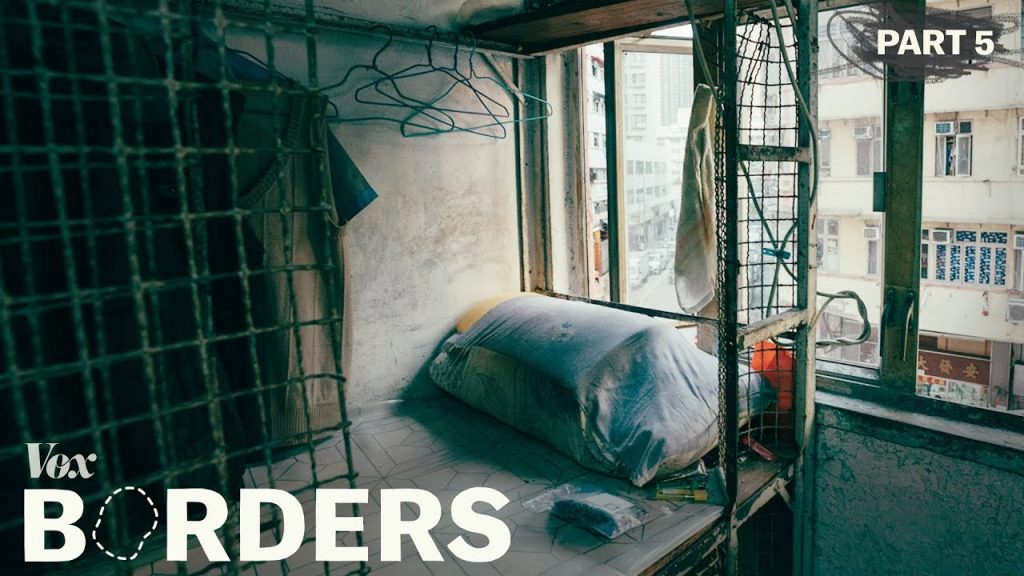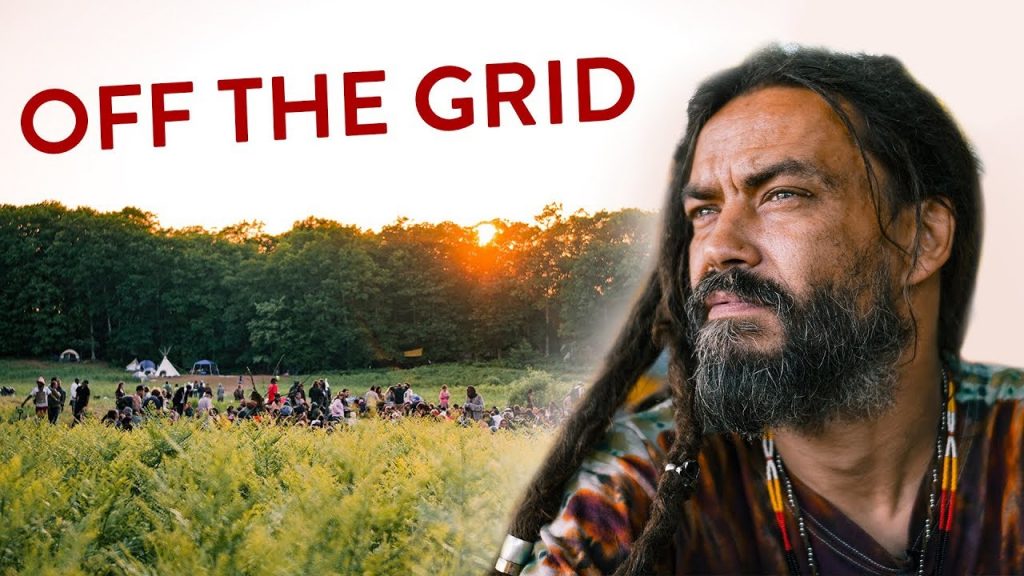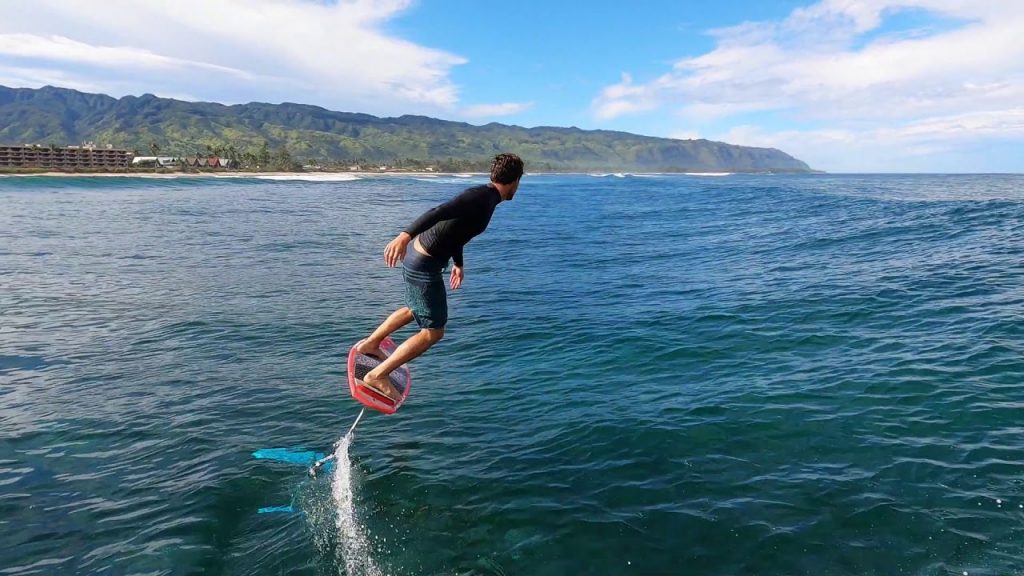Mexico’s Cartels Are Deadlier Than Ever Despite the Pandemic

2020 was set to become Mexico’s deadliest year on record.
Despite hopes that the COVID-19 pandemic would slow down violent #crime, it’s had the opposite effect. VICE News visited Culiacán a city of about 800,000, and the headquarters of the notorious Sinaloa Cartel.
How have border closures and travel restrictions impacted drug trafficking in Mexico during the pandemic?
Mexico’s Cartels Are Deadlier Than Ever Despite the Pandemic
Mexico’s drug cartels have long been a thorn in the side of the country’s government and citizens, but the Covid-19 pandemic has only served to compound an already dire situation. Despite lockdowns and restrictions implemented to curb the virus, violence and crime rates attributed to drug cartels are stubbornly holding steady, and even increasing in some areas of the country.
In particular, the northern state of Sonora has seen a marked increase in violence between rival cartels. Statistics collected by Mexico’s Secretariat of Security and Citizen Protection reveal that homicides increased by 64% between January and August of 2020, compared to the same period in 2019. Kidnappings, extortion, and robberies also saw an uptick during this period.
The root cause of this surge in violence is multifaceted, but one key factor is that the cartels have been quick to pivot and adapt to the pandemic. With border closures and travel restrictions impacting legitimate commerce, drug trafficking has become an even more profitable enterprise. Additionally, cartel leaders have exploited the pandemic to expand their power and influence, using lockdowns to consolidate their control over territories and communities.
One example of this is the Jalisco New Generation Cartel (CJNG), which has emerged as one of Mexico’s most powerful and ruthless organized crime groups in recent years. In April 2020, CJNG issued a public statement declaring that it would punish civilians who did not adhere to the strict lockdown measures instituted by the government with 30 days in prison. While the state government did not enforce the cartel’s decree, the fact that it had the audacity to make such a threat is indicative of the growing reach of these criminal organizations.
Another factor contributing to the continued violence is the Mexican government’s inability to effectively combat the cartels. President Andres Manuel Lopez Obrador has prioritized a policy of “hugs, not bullets” in dealing with drug cartels, which has been criticized by many as being naive and ineffective. The Mexican federal police force is understaffed and poorly equipped, and corruption is rampant at all levels of government.
All of these intractable problems have led to a situation where drug cartels operate with near impunity in certain parts of Mexico, and are able to commit egregious acts of violence with little risk of being apprehended or prosecuted. This has led to a sense of lawlessness and fear among the Mexican people, particularly those living in areas most affected by the cartels.
The pandemic has exacerbated many social, economic, and political problems around the world, and Mexico is no exception. However, the fact that drug cartels have been able to thrive amidst the chaos of covid-19 is a particularly troubling sign for the country’s future. If the Mexican government does not take bold steps to address this issue, it is likely that the violence and destruction wrought by organized crime will only continue to escalate.









Experiment: Cola, Mirinda, Pepsi and Mentos Underground
How To Make A Wooden Rocket Stove
The Teen With The Bionic Arms | SHAKE MY BEAUTY
10 Cutest Exotic Animals You Can Own as Pets
Hydrofoil Surf Heaven in Hawaii